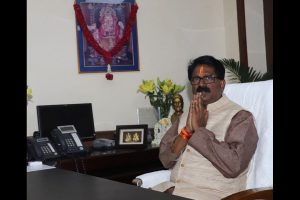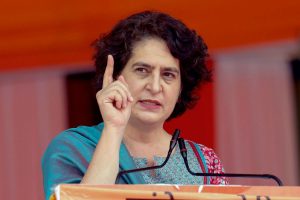A recent survey has shown that over half of the healthcare workers who participated in a survey, feel that their workplace is unsafe, particularly in state and central government medical colleges.
The survey was led by experts from the Vardhman Mahavir Medical College (VMMC), Safdarjung Hospital and THE AIIMS, New Delhi.
The “Workplace Safety and Security in Indian Healthcare Settings: A Cross-Sectional Survey” has been published in a recent issue of the journal ‘Epidemiology International’.
It highlighted significant gaps in the security infrastructure within Indian healthcare settings, and underscored the urgent need for improving the prevailing safety and security measures in healthcare settings.
Results revealed that more than half (58.2 per cent) of healthcare workers feel unsafe at the workplace and 78.4 per cent reported having been threatened on duty.
Nearly half of the healthcare workers do not have a dedicated duty room while working for long hours or at night.
Dr Jugal Kishore, the corresponding author of the study said the existing duty rooms are grossly inadequate in providing the basic amenities and services such as regular cleaning, pest control, ventilation, room space, and air conditioning.
Over 70 per cent felt security personnel were ineffective, and 62 per cent reported the emergency alarm system to be inadequate. Nearly half reported severe gaps in access control, surveillance, and security in high-risk areas like ICUs and psychiatric wards.
The survey said over 90 per cent of institutions lack proper screening for weapons or dangerous objects, and nearly three-fourths reported the absence of secure hospital boundaries. These findings paint a dire picture of insufficient security in critical healthcare settings, putting both workers and patients at risk, Dr Kishore said.
Over 63 per cent of respondents in state government medical colleges were unhappy with the number of security personnel, with a four times higher likelihood of dissatisfaction compared to private colleges.
Nearly 70 per cent criticised poor emergency alarms, access control, and security in high-risk areas, where dissatisfaction was more than 3.5 times higher.
An alarming 81.3per cent of healthcare workers reported witnessing violence, yet nearly half (44.1per cent) felt these incidents were handled poorly.
Further, 80 per cent of respondents didn’t know who to contact in case of an emergency, and over 70per cent lacked a clear, confidential process for reporting security concerns.












